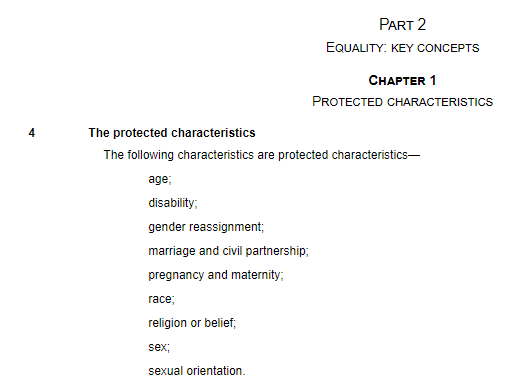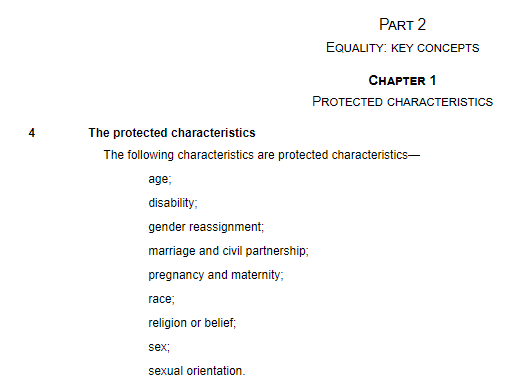And it's not just SF:
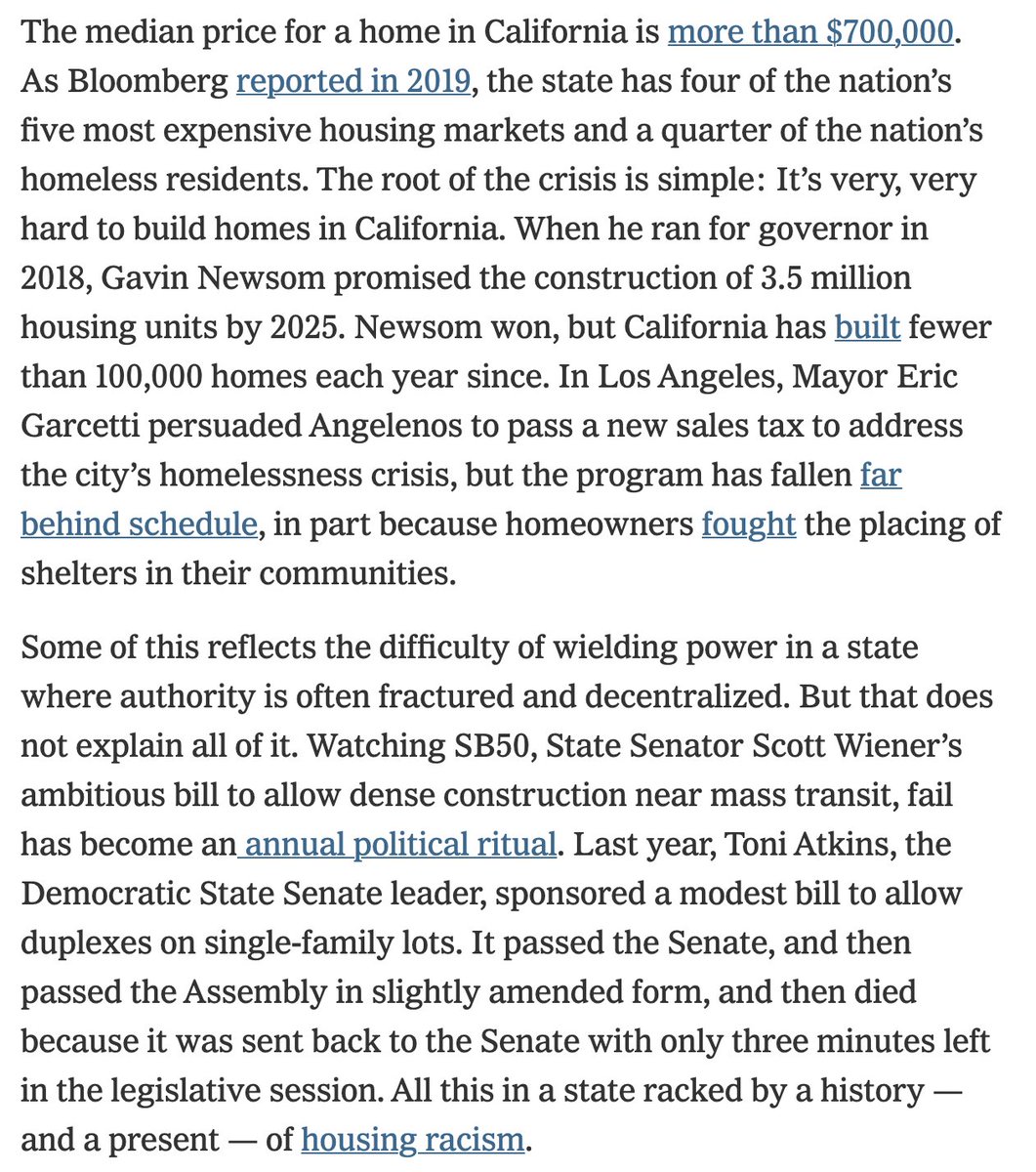

It's very in vogue to bash California and this doesn't even reach to some things that deserve scorn, like the continuing control of the Western States Petroleum Association and the state Chamber of Commerce in policymaking. And yet-https://t.co/vHZ6GM7QF8
— David Dayen (@ddayen) February 11, 2021
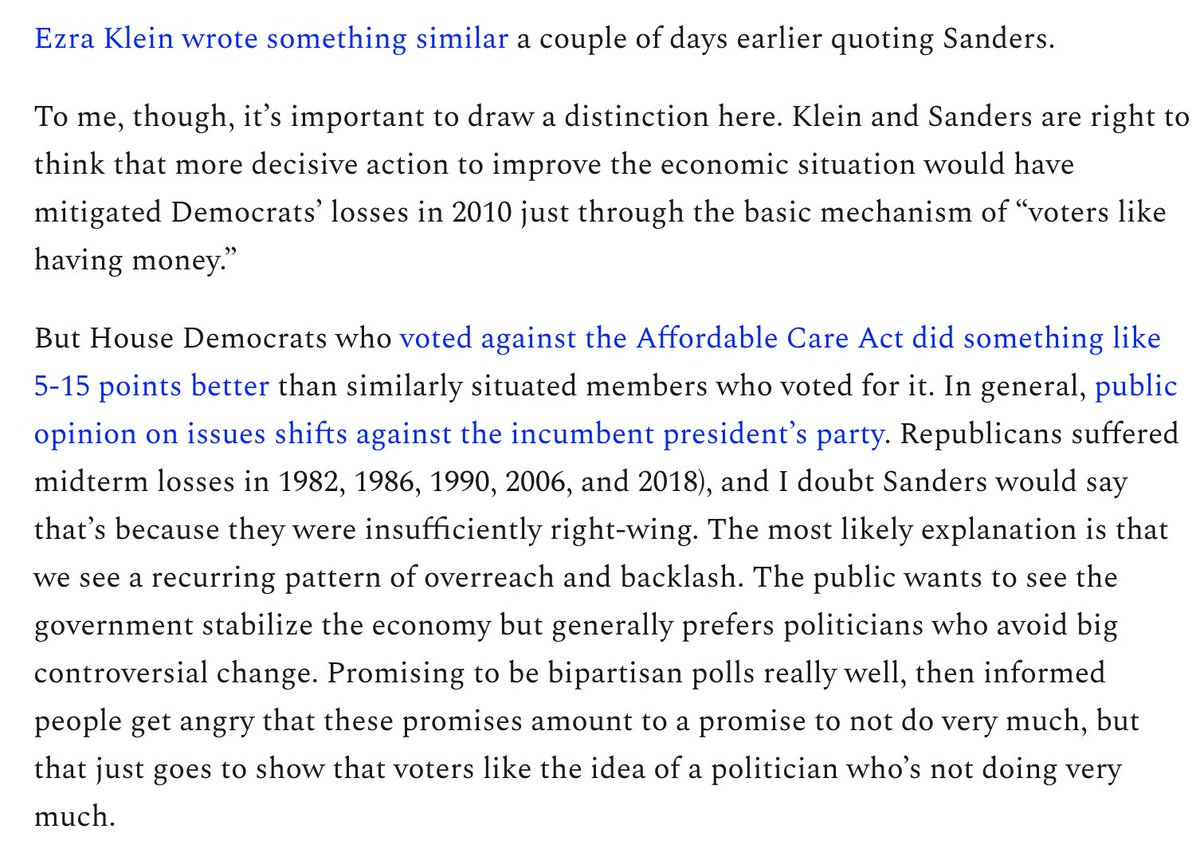
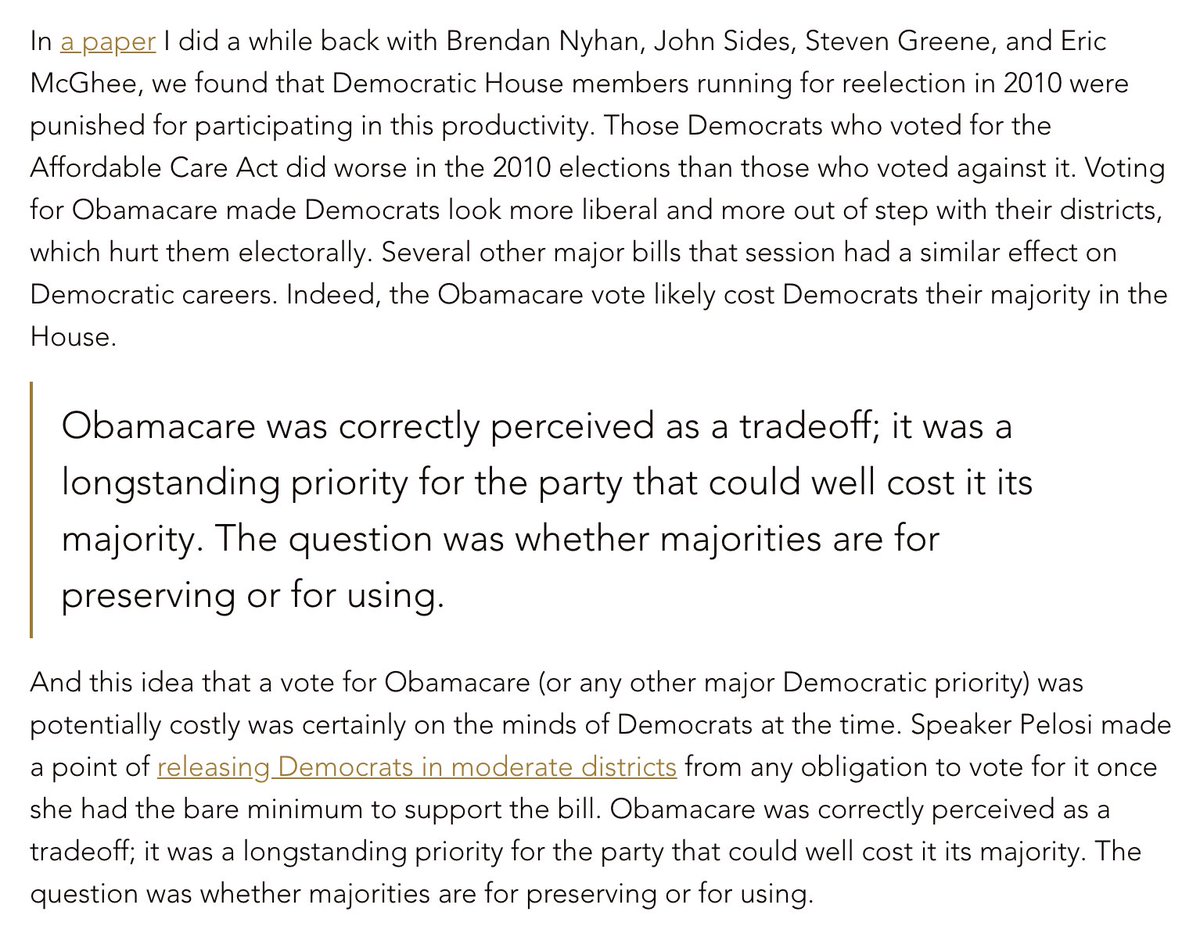
I appreciate his intellectual curiosity and effort. I have quibbles. But my big disappointment is there was no mention of unintended consequences, which we discussed and which are kind of THE core conservative concern on this issue.
— \U0001d682\U0001d68c\U0001d698\U0001d69d\U0001d69d \U0001d686\U0001d692\U0001d697\U0001d69c\U0001d691\U0001d692\U0001d699 (@swinshi) February 18, 2021

